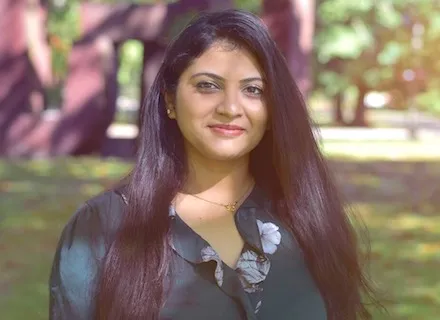Private Treaty February 2025
Pacific Cattle Angus, Sim-Angus, and Simmental range-raised production fall bulls available by PRIVATE TREATY FEBRUARY 2025 Carl Wisse • carl@pacificcattle.com www.pacificcattle.com • 509-539-6850 • Eltopia, WA
Published 5:28 pm Tuesday, January 28, 2025

Washington State University’s newest bee expert will be reaching out to beekeepers and other stakeholders to conduct an assessment of research needs.
“I’ve had a lot of beekepers ask me, ‘What else can we do to make sure the colonies are well-fed?'” Priya Chakrabarti Basu, assistant professor in pollinator health, told the Capital Press.
Providing supplemental feed for honeybees — anything beyond what bees forage naturally — is the biggest expenditure for beekeepers, Chakrabarti Basu said. In 2022, it was $44.5 million, according to the USDA National Agricultural Statistics Service’s 2024 honey production report. In 2023, it was nearly $47 million.
The next highest cost is for Varroa mite treatment, which was about $13 million in 2022 and $15 million in 2023.
Chakrabarti Basu’s background is bee nutrition and climate and pesticide impacts.
Pacific Northwest beekeepers face many of the same issues as beekeepers all over.
Annual colony loss is nearly 50%, Chakrabarti Basu said.
“I work at the interface of both crop protection and bee protection,” she said. “I truly believe growers need to be able to protect their crops, just like beekeepers need to be able to protect their bees.”
That involves finding safe tank mixes or timing sprays to keep the bees safe, while protecting crops from insect pests.
Some crops rely on honeybees for pollination. Understanding the nutritional quality of those crops means the area surrounding a cropping system could be used as supplemental forage to provide diversity to the bees’ diet, she said.
She welcomes feedback from beekeepers and growers who have pressing needs for research or collaboration they’d like her to look into.
Chakrabarti Basu hopes to expand the university’s outreach and extension work with conservationists, policy makers and other community members.
She enjoys collecting quotes from visitors to her lab.
“All the funny things that people say when they know we’re working with stinging insects,” she said. “We have a group of people who are extremely passionate about protecting pollinators, and then we have another group of people who are very passionate about protecting pollinators, but are afraid of being stung.”
But the best part of her job is making meaningful contributions, she said. That includes training students to work in the lab and field, and working with beekeepers and other stakeholders to make a difference.
“As a scientist, somebody might ask me, ‘What is this problem particularly doing to the bees?'” she said. “As a bee researcher who works with stakeholders, my answer then becomes, ‘This is what this problem is causing the bees, but this is what we can do to help the bees.'”